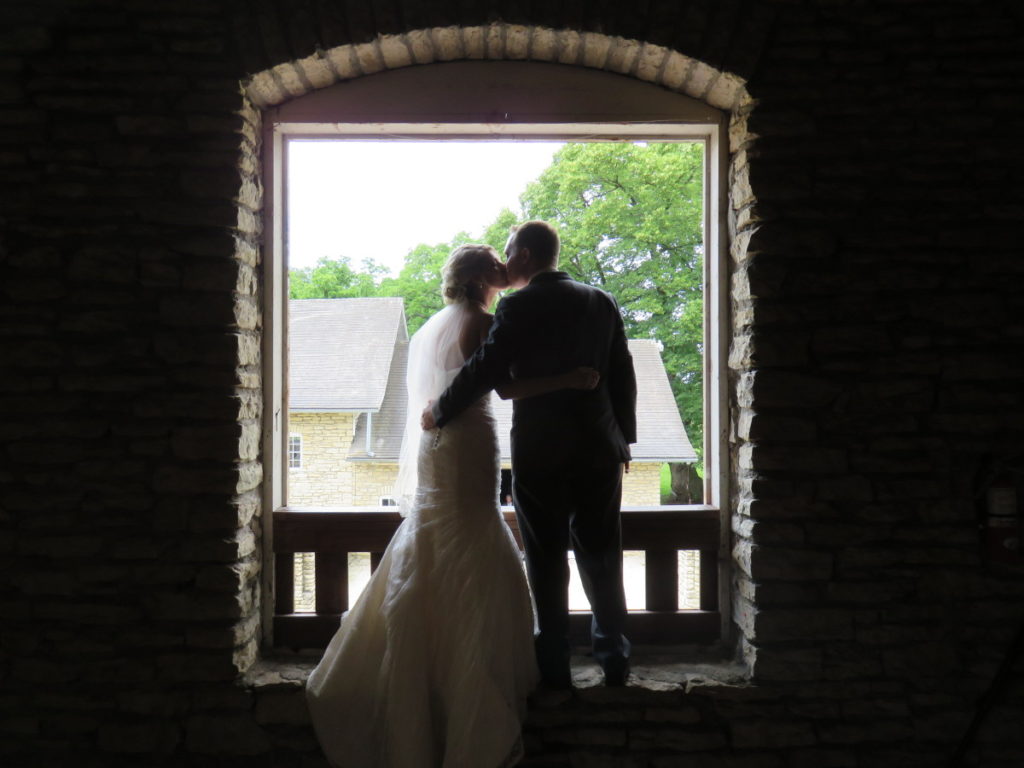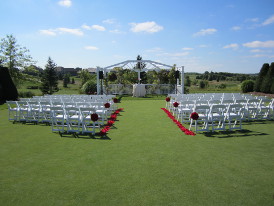Vow Renewal Celebrations – To Show Your Love
Vow Renewal celebrations are an opportunity to show your love once more. There are many reasons that you might consider a vow renewal ceremony as articulated in this article from Weddingbee. Just like your first wedding, a vow renewal ceremony can be whatever you want it to be.
If you didn’t have the ceremony of your dreams when you first married, this might be the opportunity to gather family and friends and do it up big. Perhaps military service, medical issues, finances or other constraints led to a simple certificate signing without any ceremony at all. Or you chose to elope and didn’t have the opportunity to celebrate with those people important to you. Now that your circumstances have changed, why not create the special moments and memories you missed the first time around? A ceremony complete with readings, rituals, music and a special walk down the aisle may be perfect for you.

A smaller, intimate ceremony may be called for if you are coming through a challenging time as a couple, or if you are focusing on remembering what you love about each other. Perhaps you will include a few special family members, but this kind of ceremony might be for just the two of you and your celebrant as you acknowledge the difficulties of the past and commit to moving forward as a couple, centered on your love for each other.
And finally, milestone anniversaries of successful marriages are definitely worth celebrating with vow renewal celebrations. This is an opportunity to bring in touches from your first wedding – perhaps say the same vows, use the same reading, or invite some of your wedding party to join you again. But this is also an opportunity to reflect on your successful marriage by including your children, by reminiscing on some of the highlights (and challenges you’ve faced together and overcome), and by making new vows to each other that honor the past and look to the future, too.
No matter the reason for your vow renewal celebrations, the ceremony will once again be the highlight of the day, and can be whatever you want it to be. You are limited only by your preferences and choices as you celebrate again the love you share, so make it special, personal, and authentically yours.


